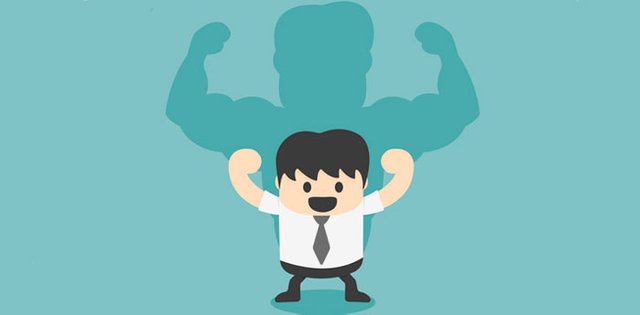Walk upright and you'll feel better
Walk upright and you'll feel better
Adopting a certain posture can cause changes in your testosterone and cortisol levels.

"A picture is worth a thousand words". We are increasingly aware of the importance of our body language, and we are aware that many times an expression or gesture is more effective and transmits our message much more strongly than any word we say.
For some years, scientists have gone a step further and are studying how concrete changes in our postures trigger physiological responses in our brain capable of modifying our emotions and feelings. That is to say: in the same way that when we feel sad and depressed we walk shrunken, we "close" as if we wanted to be invisible, and when we are happy or feel confident we walk more rights and we "open up" ... can we do the opposite way ? If we adopt a more upright posture, will we feel better, more positive and confident? According to a paper published in the journal Psychological Science, the answer is yes.
The participants in the study had to adopt a certain posture for two minutes. Some of the positions corresponded with "high power": more upright, more open, with a tendency to occupy more space; and others with "low power": more shrunken, more closed, with a tendency to occupy less space. After that, the researchers asked them if they felt powerful, gave them the opportunity to participate in gambling, and took samples of their saliva.
The results revealed that, indeed, people who had to adopt "high power" positions felt more powerful at the end of the experiment and more willing to take risks in bets. These feelings corresponded with psychological reactions: a greater secretion of testosterone (hormone typical of positions of dominance) and lower levels of cortisol (hormone that we produce in situations of stress). That is to say: to feel better, with more confidence in ourselves and to be more tolerant to stress, it is enough to change our postural habits. Very simple, right? And, although science is just beginning to unravel these mechanisms, some oriental disciplines such as yoga, which works the body postures to bring about changes in the mind, have been based on them for centuries. Other studies in this line advise us to smile frequently: that simple gesture is able to make us feel in a better mood.
Body language shapes our identity
Social psychologist Amy Cuddy, one of the authors of the work and passionate about non-verbal communication, exposes these and other ideal in a popular TED talk. In it, it reveals fascinating facts, such as the fact that blind people from birth who are first in races or sports competitions acquire the body posture typical of the winners (expanded body and arms raised in a "V" shape). A finding that indicates that body language has an instinctive component, since these people, being blind, can not have copied the expressions of their peers.